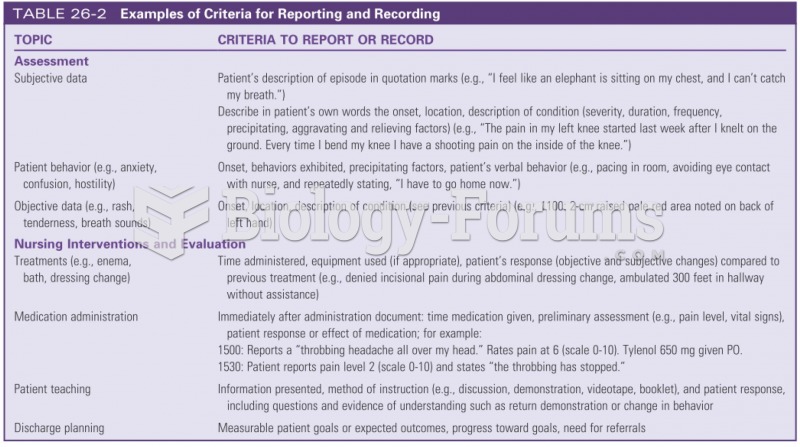Answer to Question 1
In general, foreign intermediaries expect exporters to provide:
-Good, reliable products for which there is a ready market
-Products that provide significant profits
-Opportunities to handle other product lines
-Support for marketing communications, advertising, and product warranties
-A payment method that does not unduly burden the intermediary
-Training for intermediary staff and the opportunity to visit the exporter's facilities (at the exporter's expense) to gain first-hand knowledge of the exporter's operations
-Help establishing after-sales service facilities, including training of local technical representatives and the means to replace defective parts, as well as a ready supply of spare parts, to maintain or repair the products
Despite good intentions, disputes can arise between the exporter and its intermediaries about such issues as:
-Compensation arrangements (for example, the intermediary may want to be compensated even if not directly responsible for a sale in its territory)
-Pricing practices
-Advertising and promotion practices, and the extent of advertising support
-After-sales service
-Return policies
-Adequate inventory levels
-Incentives for promoting new products
-Adapting the product for local customers
Answer to Question 2
In developing products with multicountry potential, managers emphasize the commonalities across countries rather than the differences between countries. A basic product will incorporate only core features into which the firm can inexpensively implement variations for individual markets. For example, while the basic computers that Dell sells worldwide are essentially identical, the letters on its keyboards and the languages used in its software are unique to countries or major regions. Everything else in the computers is largely identical.
Firms design many products using modular architecture, a collection of standardized components and subsystems that can be rapidly assembled in various configurations to suit the needs of individual markets. Honda designs automobiles like the Accord around a standardized platform to which modular components, parts, and features are added to suit specific needs and tastes.







